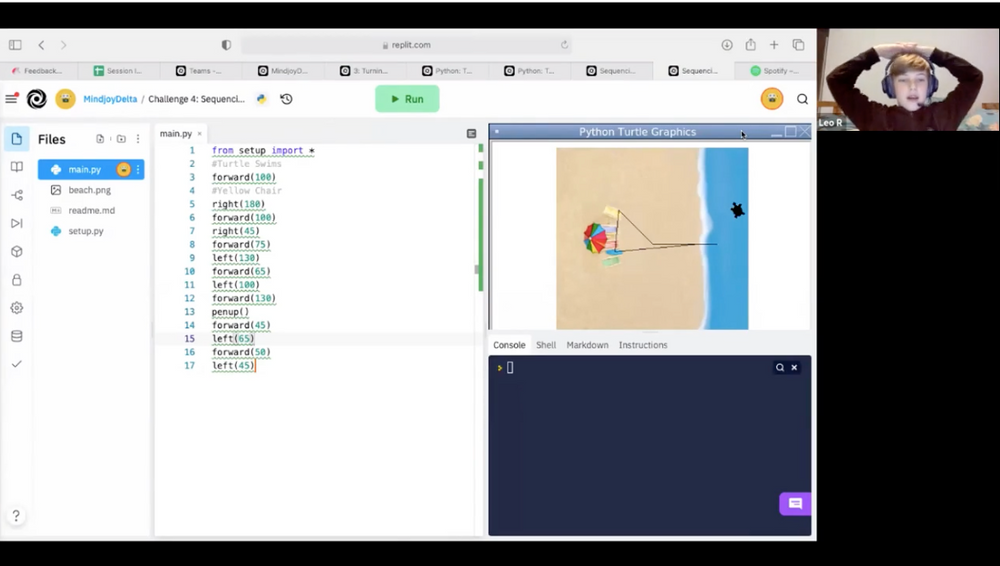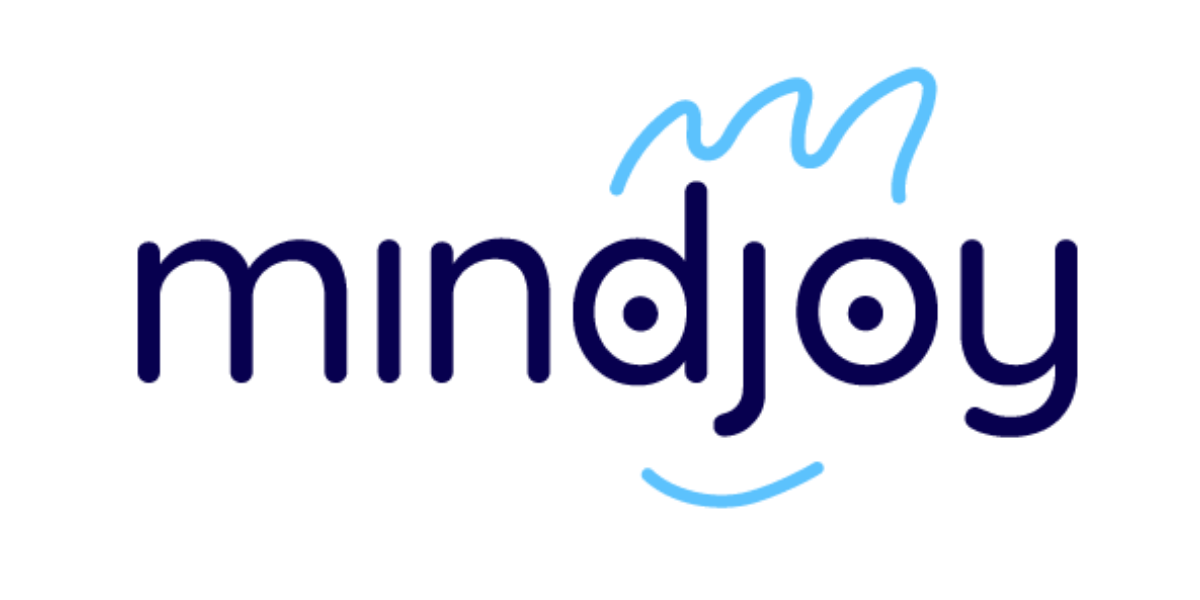If you've ever spent time with 4-year-olds, you'll know they ask a TON of questions... In fact, research suggests that most kids ask an average of 25 questions an hour. As children grow up and start going to school, however, they seem to ask fewer questions. Novelty-seeking behaviour in toddlers and question-asking in older children is tempered by fear.
The reality is traditional schooling:
- discourages kids from asking MORE questions
- promotes compliance and "getting it right"
- dulls the desire to experiment
- prevents kids from being comfortable with making mistakes as iterations towards success
School (and sometimes home) environments can restrict the development of curiosity. The kid who asks too many questions is seen as disruptive, and the endless barrage of questions can also be tiring to answer. The result? We ask kids not to ask questions, be quiet, and find something else to keep them "occupied".
The problem with this: curiosity is essential in cultivating a desire to learn! So how do we keep curiosity alive in kids today? How can we support kids in experiencing that learning can be joyful?
What we really need are environments where:
- kids develop their question-asking skills
- experimentation and exploration are encouraged
- grown-ups celebrate kids doing and figuring things out for themselves
- kids build confidence in learning by trial and error
Here are 4 ways we transform our learning environments at Mindjoy, with a coaching mindset.
How to Model a Coaching Mindset
#1: Be a co-researcher, not a teacher
Imagine yourself to be a kid's co-researcher; meaning that you're both discovering and figuring things out together. Resist the urge to give instructions or answers. Rather ask questions to help the kid make connections for themselves. Questions we love asking kids (and ourselves):
What theories do you have about x? What do you predict will happen if...? Why do you think that? Is that really true? What if the opposite was true? How can you think about x differently?
Adults who model asking questions to solve problems help to build these skills in kids. Kids learn: I can ask myself questions to figure this out rather than I will get an answer from an adult.
#2: Practice Active Listening
Be present. It’s not about judging or wanting to be right. You want to listen and follow. It requires the listener to thoroughly absorb and retain what’s being said. Never assume, always ask clarifying questions to avoid misunderstanding or projecting your view onto your kids; "What do you mean by x?".
Check for understanding by summarising back at the speaker “What I’m hearing is x, am I understanding your thinking?” or "What I understand you are saying is that x is challenging, can you tell me more?" You should also pay close attention to the speaker’s body language for non-verbal clues. Active listening models patience as well as the joy of someone sharing in your curiosities.
#3: Try Withholding Judgement
When coaching we need to try not to judge ourselves and others. Avoid diagnosing, boxing and labelling which can warp our thinking. Let go of how to be right. There isn't only one way to do or think about things, letting go will allow space for new thoughts to emerge.
A coaching mindset requires an openness to uncertainty. Being curious even when it is uncomfortable opens up ideas, perspectives, and possibilities.
#4: Focus on Progress
Adopting a coaching mindset should focus on incremental progress instead of results. Worrying about being good enough or being right doesn't fuel motivation. Progress takes time and its compounds, one seldom sees instant large gains. Therefore you have to set up the game to have rapid feedback loops so you can reflect on incremental gains.This enables you to make ongoing progress and build motivation. Reflecting on one's development "What do I know now that I didn't know?" ultimately creates a sense of accomplishment that is sustainable.
Modelling curiosity, active listening, withholding judgement and focusing on progress keeps kids’ natural desire to learn strong. A coaching mindset is all about framing -if we can frame things to reduce fear of failure we get to cultivate curiosity for lifelong learning.



